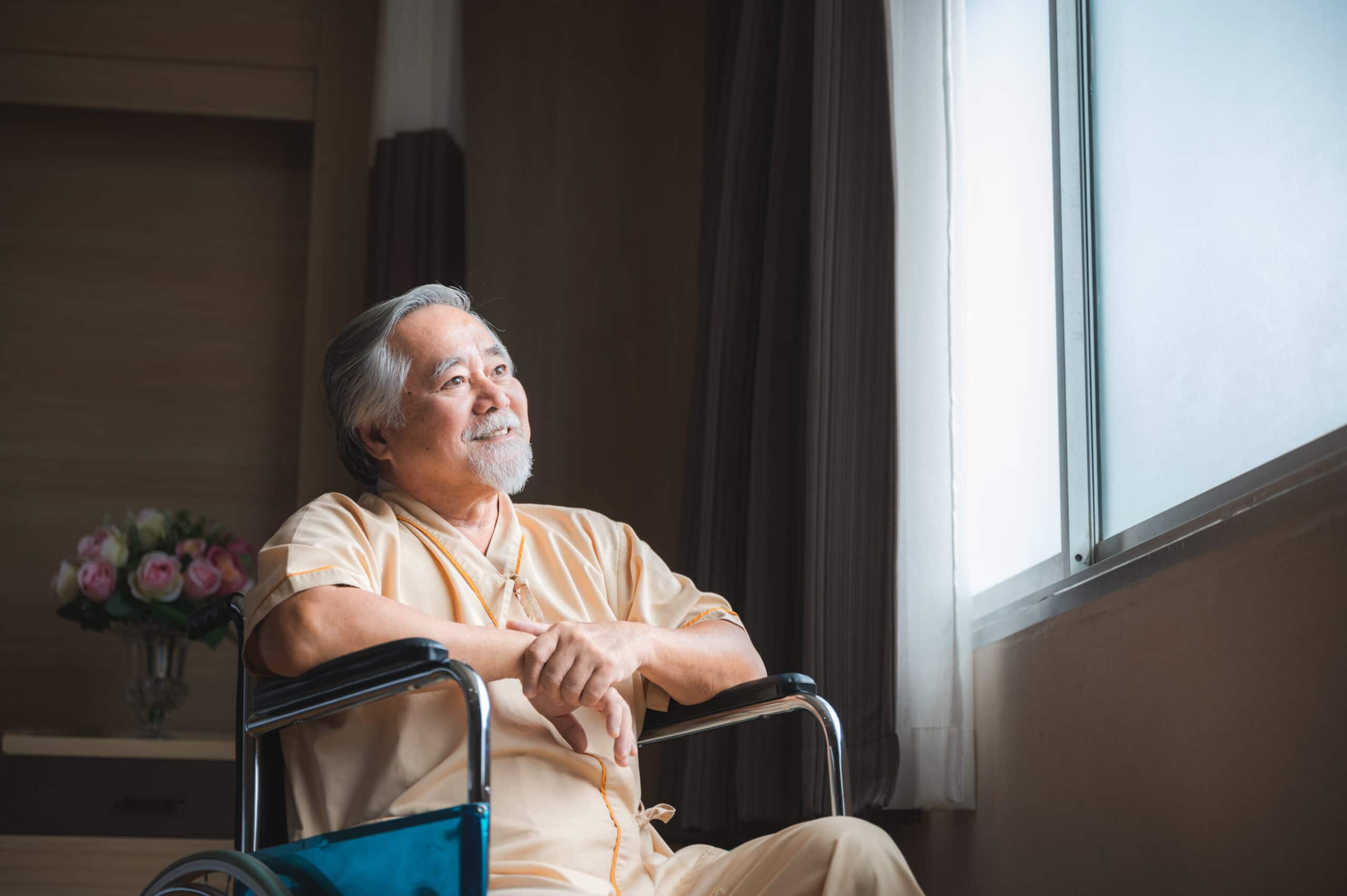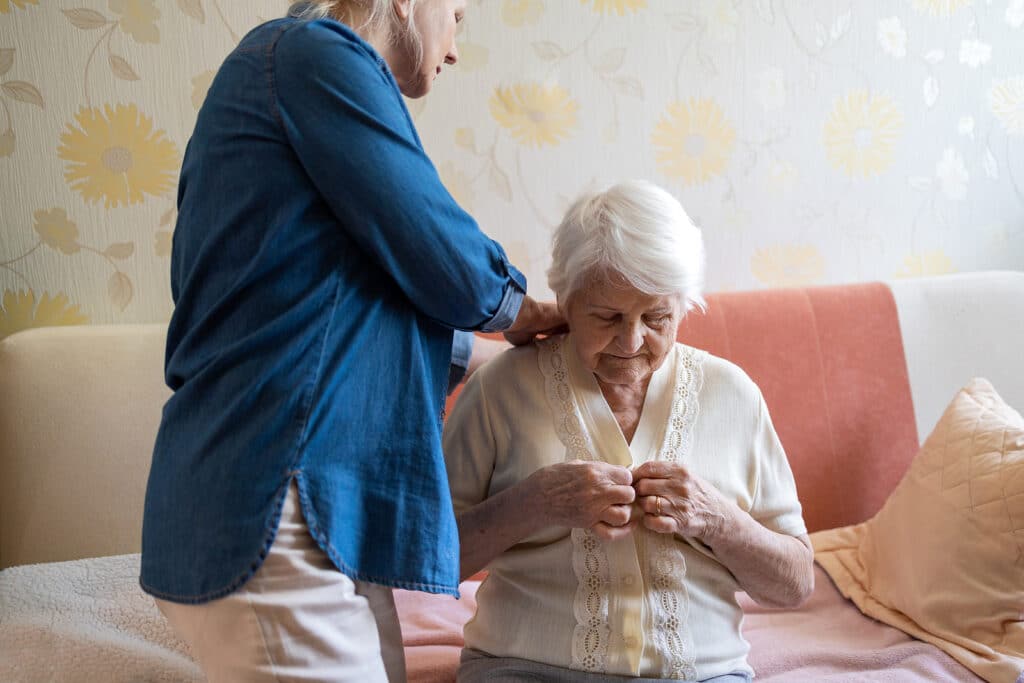Take advantage of our home care services today, which are all designed to help our clients achieve overall wellness. To execute our mission, we offer various non-medical home care services that are made specifically to meet your health and personal needs. Our team of professional caregivers is ready to assist you with your daily routine. The services we offer are all aimed towards improving your overall well-being.
Our in-home care services aim to offer home care to every individual in the comfort of their own home. Our professional caregivers are responsible for giving around-the-clock care and supervision to ensure that your needs are immediately met. The caregiver will also perform regular monitoring to see if there are changes or improvements in your health.
When you have a loved one with Alzheimer’s or another form of dementia, it may feel impossible to decide: Should I care for my loved one with Alzheimer’s myself? Should I get some help with Alzheimer’s care at home? Should I take my loved one with dementia to a nursing home or assisted living facility?
Here’s what you need to know about Alzheimer’s care at home to help you decide whether that’s a good option for you and your loved one.
Yes. With the right supportive care, many people with Alzheimer’s and other forms of dementia can age in place and live at home
“Many people with Alzheimer's continue to live successfully on their own during the early stage of the disease…[You should] arrange for someone to help you with housekeeping, meals, transportation, and daily chores.”
Alzheimer’s Association [1]:
Alzheimer’s & Dementia care at home is a collection of services that help people with dementia, Alzheimer’s, and other forms of cognitive decline age in place rather than going to an assisted living facility or nursing home. Home care for dementia patients may include anything from companionship to housekeeping to assistance with activities of daily living all the way to skilled nursing and around-the-clock care.
Home Care MO is different. We are a forward thinking compassionate group of caregivers backed by technology that helps monitor and care for your loved one 24 hours a day 7 days a week.

Dementia care at home may include:
“Social isolation significantly increased a person’s risk of premature death from all causes, a risk that may rival those of smoking, obesity, and physical inactivity...Poor social relationships…[were] associated with a 29% increased risk of heart disease and a 32% increased risk of stroke...Loneliness was associated with higher rates of depression, anxiety, and suicide.”
According to the Centers for Disease Control and Prevention [2]:

If your loved one isn’t taking care of themselves as well as they used to, they may need memory care at home. Look for signs like:
Alzheimer’s and other types of dementia take away a person’s critical thinking skills, putting them at risk of being taken advantage of, injuring themselves, wandering away from home, or even accidental death. Warning signs include:
It’s natural to want to care for your loved one all by yourself, but it is physically and emotionally demanding. If you’re experiencing burnout, you can’t care for your loved one as well. You may also feel guilty for being burned out, leading to more burnout. It’s OK to ask for help caring for your loved one.
If your loved one isn’t caring for themselves the way they used to, they may show signs like:
Trust your gut. If you think your loved one needs Alzheimer’s care at home, they probably do. Plus, it’s better for your loved one with dementia to have too much help rather than not enough.
Caring for a person with dementia at home involves preventing the patient from wandering off, ensuring their basic needs are taken care of, helping them with activities of daily living, making sure they take medication and get to doctor appointments on time, and overall ensuring the patient has a high quality of life while staying in a familiar home for as long as possible.
With the right type and amount of care, a person with Alzheimer’s may be able to live the rest of their lives at home. Alzheimer’s care at home can grow to accommodate a dementia patient’s changing needs, up to and including around-the-clock care.
It’s natural to want to care for your loved one all by yourself, but it is physically and emotionally demanding – it’s OK to ask for help.
Our in-home care services aim to offer home care to every individual in the comfort of their own home. Learn about all of our services.
With their oversight, insurance, and varied staff to have a backup in case of emergencies, home care agencies are often the best place to get Alzheimer’s care at home. Here are some questions to ask as you look at different options. WebMD [3]:
If you need help finding the perfect Alzheimer’s care at home, contact us today.
Are you ready to start your consumer directed services? Or would like to try Remote Patient Monitoring?
References